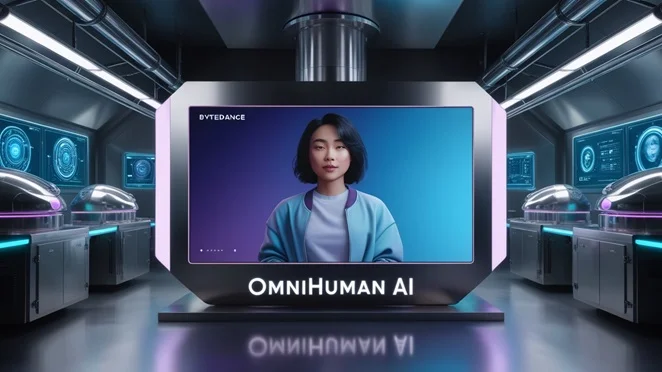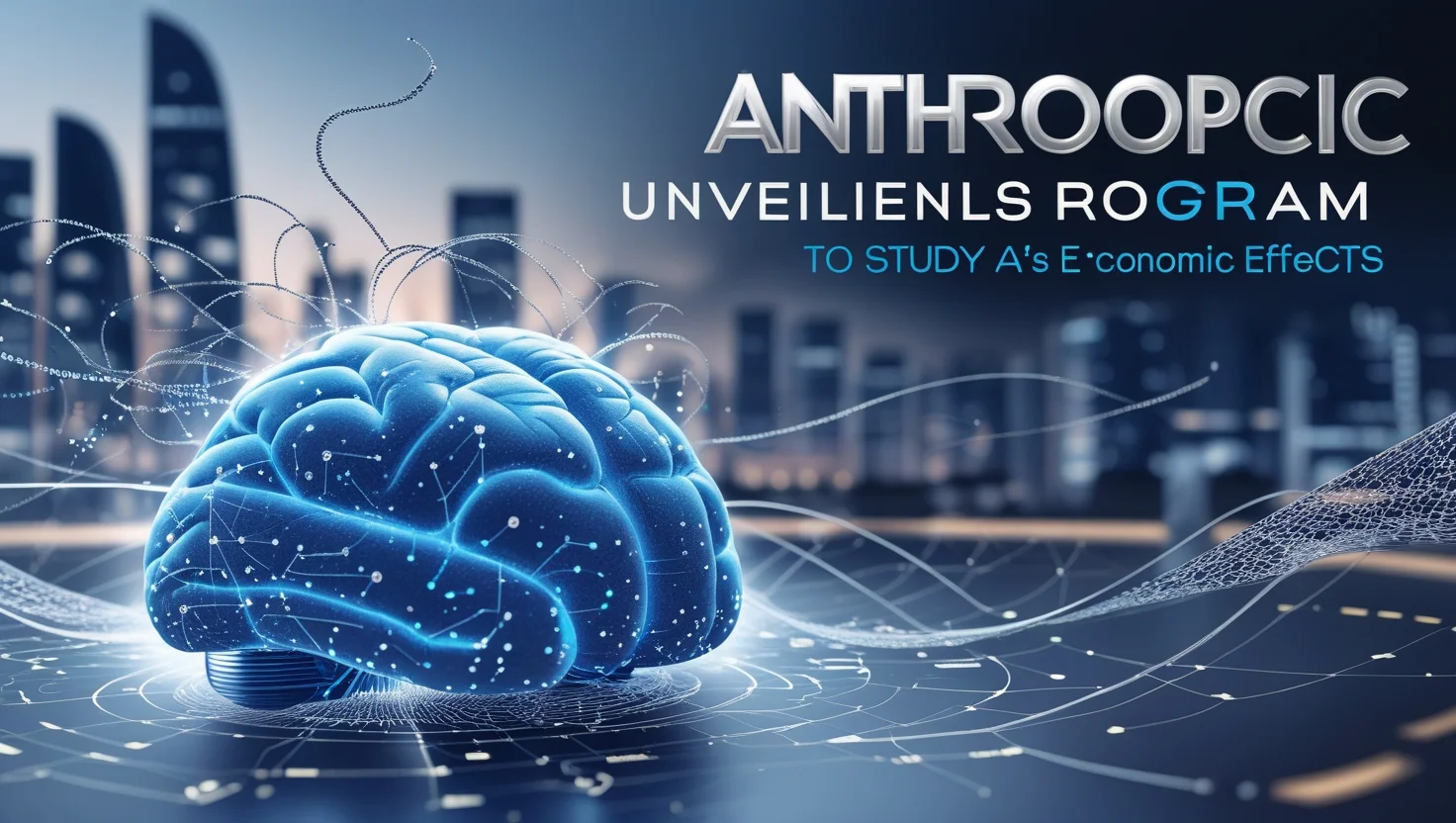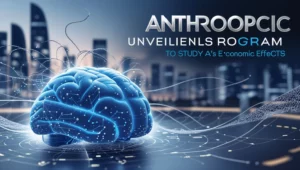ByteDance, the owner of TikTok, has introduced OmniHuman-1, an advanced AI tool capable of generating lifelike videos from a single image. The AI can make a person talk, gesture, sing, or even play an instrument, producing highly realistic human movements based on minimal inputs.
A research paper published on arXiv highlights that OmniHuman significantly outperforms existing methods, delivering more detailed and natural-looking results from portraits, half-body, or full-body images.
The project’s sample videos showcase impressive demonstrations, including historical figures like Albert Einstein appearing to speak with natural facial expressions and hand movements.
Experts have praised the technology’s realism, with some suggesting it could revolutionize education and entertainment. USC professor Freddy Tran Nager noted that while its use in filmmaking remains uncertain, OmniHuman’s capabilities on mobile devices are remarkable.
The tool strengthens ByteDance’s position in the AI-driven video industry, competing with other companies striving for hyper-realistic digital humans. AI-generated figures are increasingly being used as virtual influencers, digital assistants, and even political figures, raising concerns about misinformation.
NYU professor Samantha G. Wolfe warns of potential risks, highlighting how AI-generated videos could be misused to create misleading content featuring business or political leaders. As AI videos become more convincing, the risk of misinformation grows.
ByteDance trained OmniHuman on over 18,700 hours of video, using diverse inputs like text, audio, and physical motion. The company has not disclosed specifics about its training data, leading some to speculate that TikTok user videos may be contributing to its dataset.
While AI tools like OmniHuman offer exciting possibilities for content crea













